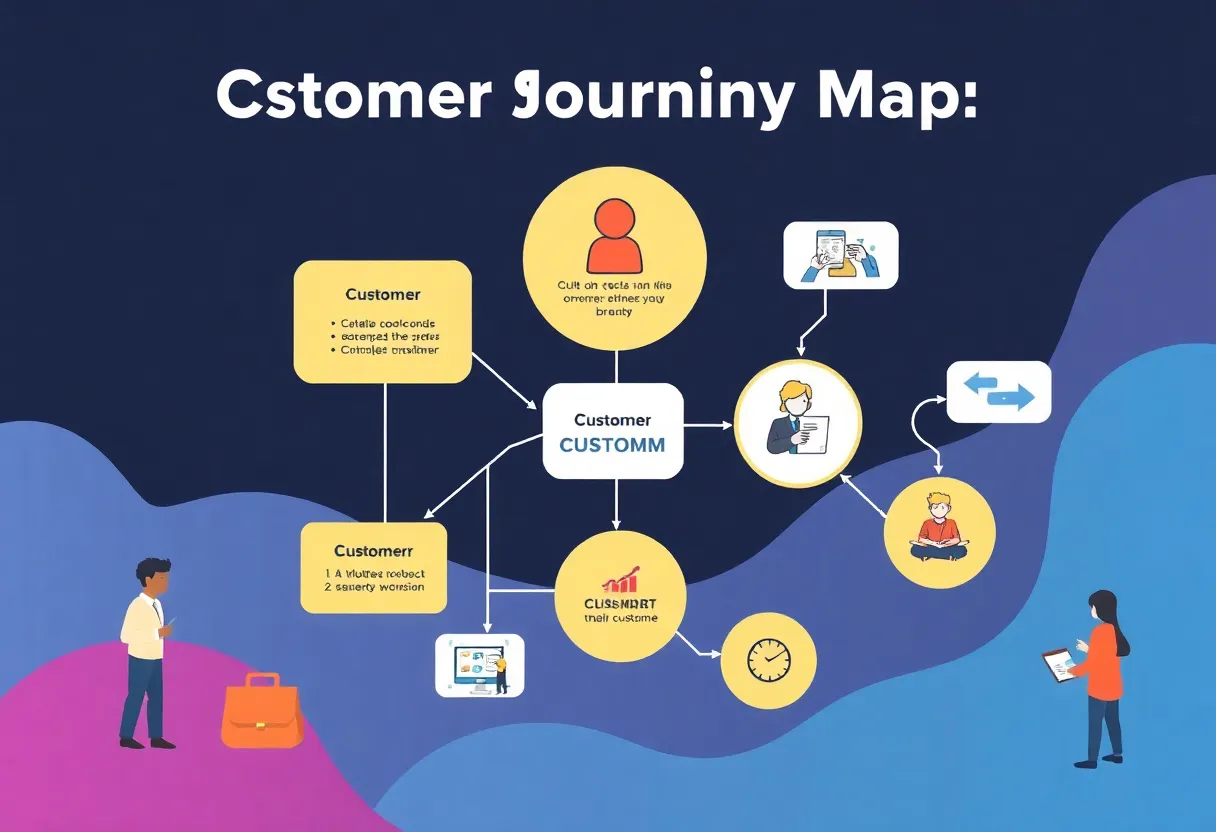How Can You Use Predictive Analytics to Enhance Your Digital Marketing Performance?
Introduction to Predictive Analytics
Predictive analytics is a branch of advanced analytics that utilizes statistical algorithms and machine learning techniques to identify the likelihood of future outcomes based on historical data. In the context of digital marketing, it offers an invaluable toolkit for brands seeking to enhance their performance through data-driven decision-making.
Understanding Data in Digital Marketing
Data in digital marketing comes from a variety of sources, including social media interactions, website traffic patterns, customer behaviors, and transaction histories. This data tells a story that can reveal patterns and trends regarding customer preferences and buying behaviors. By harnessing this information, marketers can forecast future behaviors and enhance their strategies accordingly.
Key Benefits of Predictive Analytics in Digital Marketing
1. Improved Customer Segmentation
Predictive analytics enables marketers to segment their audience more effectively. By analyzing past behaviors and engagement metrics, they can create more personalized marketing campaigns that resonate with specific customer groups. For instance, brands can identify which segments are more likely to convert based on historical data.
2. Enhanced Lead Scoring
Predictive analytics helps in lead scoring by assessing the likelihood of a lead converting into a customer. This is achieved by analyzing various data points, such as demographics, online behavior, and engagement levels. By focusing on high-potential leads, marketers can allocate their resources more efficiently.
3. Optimized Marketing Spend
Understanding the return on investment (ROI) for different marketing channels is crucial. Predictive analytics allows marketers to forecast the best-performing channels based on historical data. This insight helps in optimizing the marketing budget and reallocating funds to maximize returns.
4. Personalized Marketing Strategies
Predictive analytics fosters personalized marketing strategies by utilizing customer data to tailor messages and offers. This personalization leads to increased engagement, brand loyalty, and higher conversion rates. For example, using algorithms to recommend products based on past purchases can enhance user experience significantly.
5. Anticipation of Customer Needs
Predictive analytics helps brands anticipate customer needs before they arise. By monitoring purchasing patterns and anticipating trends, companies can create proactive marketing campaigns that align with customer interests, leading to greater satisfaction and retention.
Steps to Implement Predictive Analytics in Digital Marketing
Step 1: Data Collection
The first step involves collecting an extensive range of data relevant to customer interactions. This includes demographic data, behavioral data, and transactional data. The more comprehensive the dataset, the better the predictive accuracy.
Step 2: Data Cleaning and Preparation
Once the data is collected, it must be cleaned and prepared for analysis. This includes removing any inconsistencies, filling in missing values, and transforming the data into a suitable format for analysis. A well-prepared dataset is essential for achieving accurate predictions.
Step 3: Selection of Predictive Models
Choosing the right predictive model is crucial for effective analysis. Common models include regression analysis, decision trees, and neural networks. The selection of a model should align with the specific goals and complexity of the marketing strategies involved.
Step 4: Model Training and Testing
After a model is selected, it must be trained using historical data. The model is then tested on a separate dataset to evaluate its accuracy in predicting outcomes. Continuous tuning and adjustments may be required to enhance model performance.
Step 5: Implementation and Monitoring
Once the model is validated, it can be implemented in marketing strategies. It is essential to monitor the model’s performance continuously and make adjustments based on real-time data and feedback.
Challenges in Predictive Analytics
1. Data Quality
One of the primary challenges in predictive analytics is the quality of the data. Inaccurate, outdated, or incomplete data can lead to erroneous predictions and ineffective marketing strategies.
2. Integration with Existing Systems
Integrating predictive analytics solutions with existing marketing systems can pose a challenge. Marketers must ensure that the analytics tools work seamlessly with current platforms to derive meaningful insights.
3. Skills and Expertise
Effective use of predictive analytics requires a certain level of expertise in data science and statistical analysis. Marketers may need to invest in training or hire skilled professionals to navigate advanced analytics tools successfully.
Future Trends in Predictive Analytics for Digital Marketing
The field of predictive analytics is continuously evolving, and several trends are reshaping its role in digital marketing.
1. Increased Use of Artificial Intelligence
AI technologies are being integrated into predictive analytics to improve accuracy and efficiency. Machine learning algorithms can analyze vast datasets faster and uncover insights that human analysts might miss.
2. Real-Time Analytics
The demand for real-time analytics is on the rise. Marketers are increasingly looking for tools that offer real-time predictions to respond promptly to customer behaviors and market dynamics.
3. Enhanced Customer Experience
Personalization is crucial in enhancing customer experiences. Predictive analytics will continue to play a vital role in delivering tailored marketing messages, thus improving customer satisfaction and loyalty.
Conclusion
Incorporating predictive analytics into digital marketing can significantly enhance performance by allowing brands to make data-driven decisions. By improving customer segmentation, optimizing marketing spend, and personalizing marketing strategies, businesses can stay ahead of the competition. However, the road to effective predictive analytics involves overcoming challenges related to data quality and integration while staying abreast of evolving trends. By investing in predictive analytics, companies can not only enhance their marketing strategies but also build stronger relationships with their audiences.
Author: HERE Greenwood
The GREENWOOD STAFF WRITER represents the experienced team at HEREGreenwood.com, your go-to source for actionable local news and information in Greenwood, Greenwood County, and beyond. Specializing in "news you can use," we cover essential topics like product reviews for personal and business needs, local business directories, politics, real estate trends, neighborhood insights, and state news affecting the area—with deep expertise drawn from years of dedicated reporting and strong community input, including local press releases and business updates. We deliver top reporting on high-value events such as the Festival of Flowers, Greenwood Community Theatre performances, and agricultural showcases at the Greenwood County Fairgrounds. Our coverage extends to key organizations like the Greenwood Chamber of Commerce and the Greater Greenwood United Ministry, plus leading businesses in manufacturing and healthcare that power the local economy such as FujiFilm Manufacturing and Self Regional Healthcare. As part of the broader HERE network, including HERECharleston.com, HEREColumbia.com, HEREGreenville.com, and HEREHiltonHead.com, we provide comprehensive, credible insights into South Carolina's dynamic landscape.







